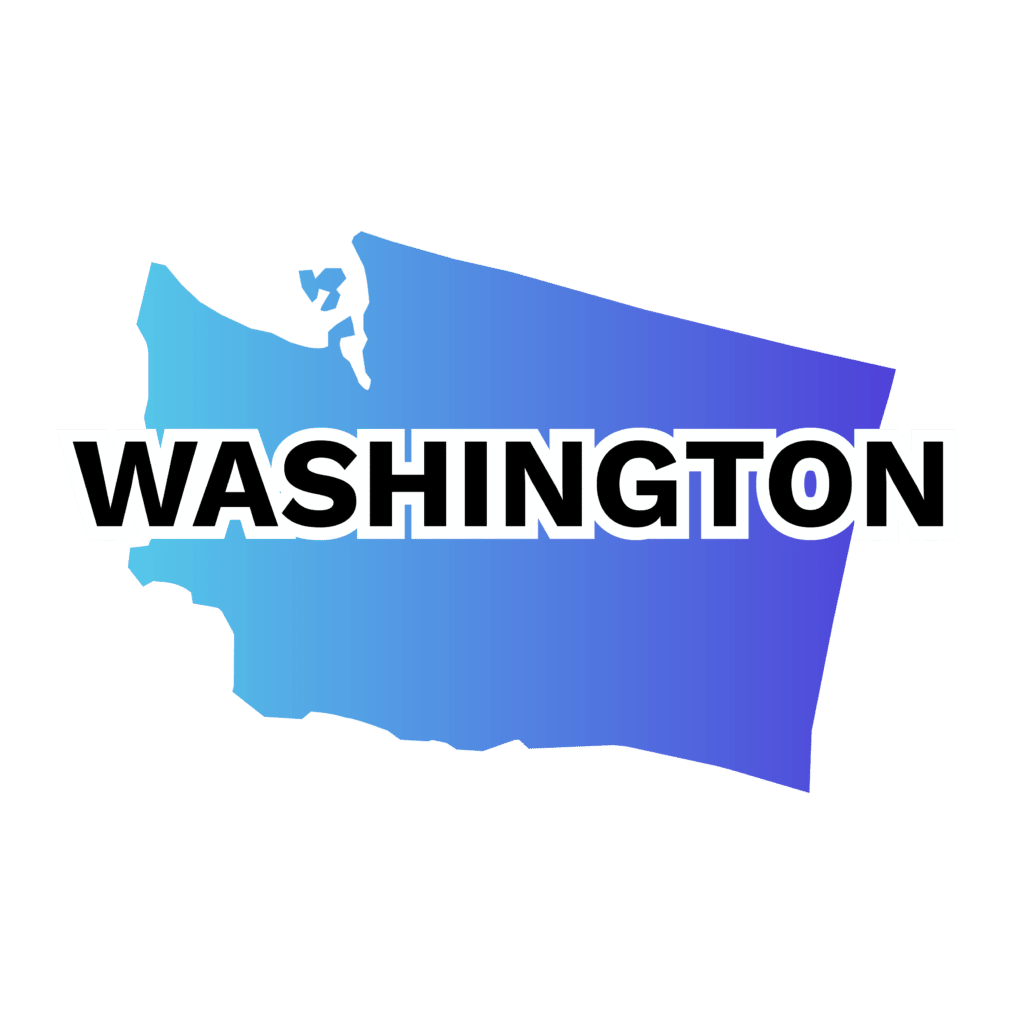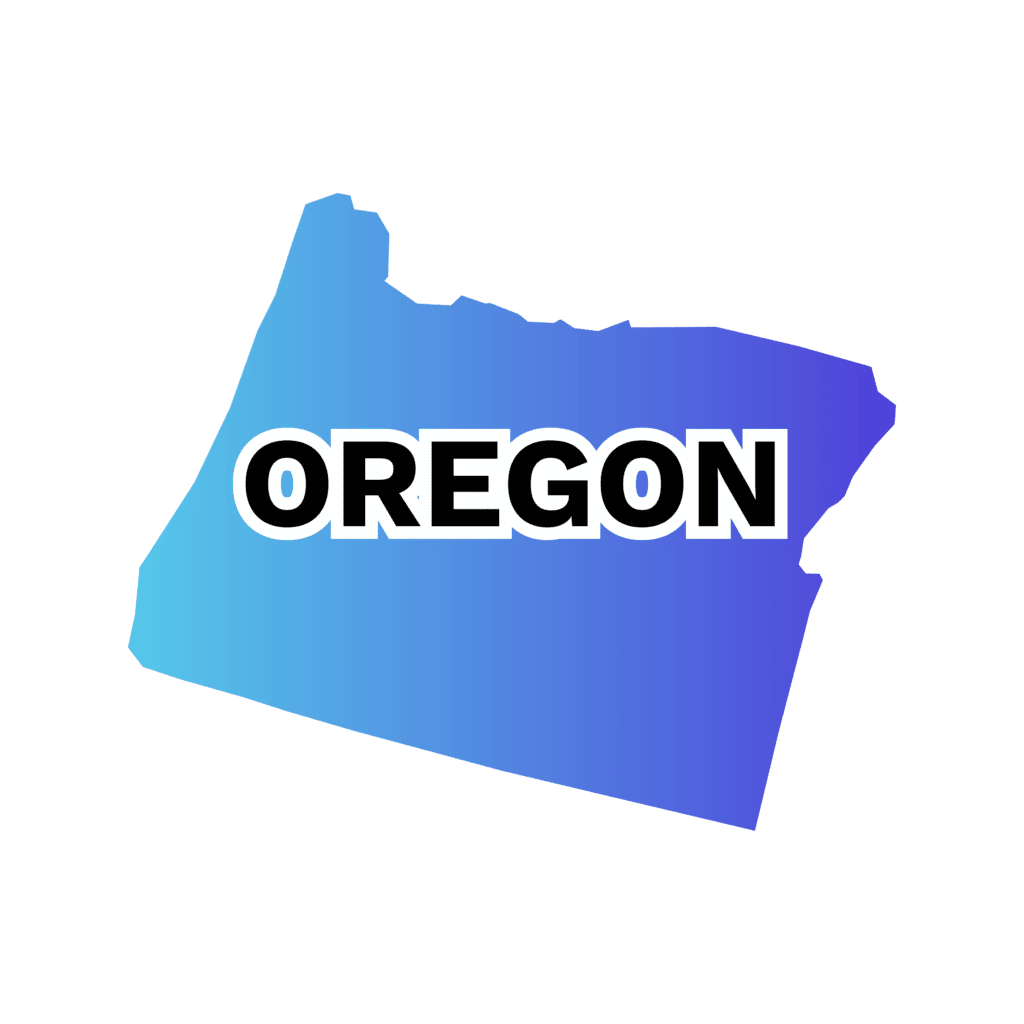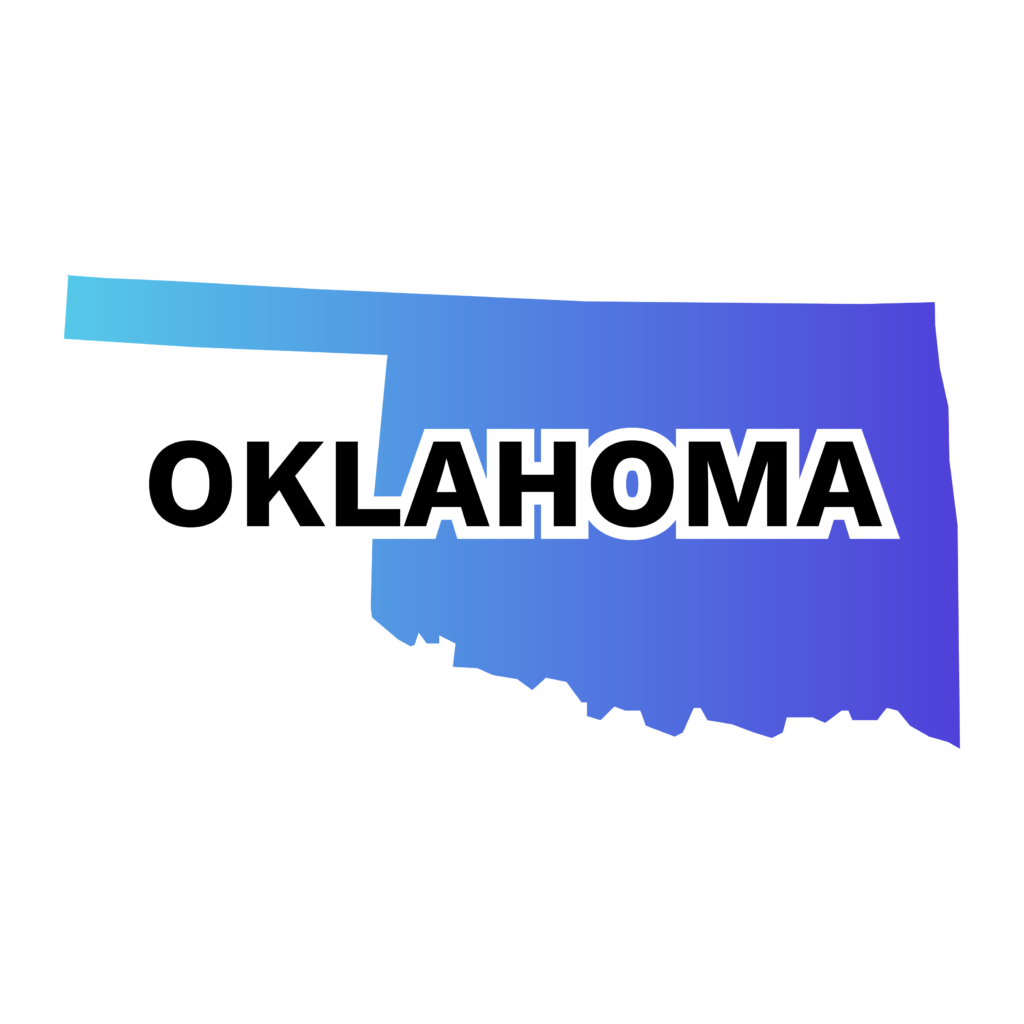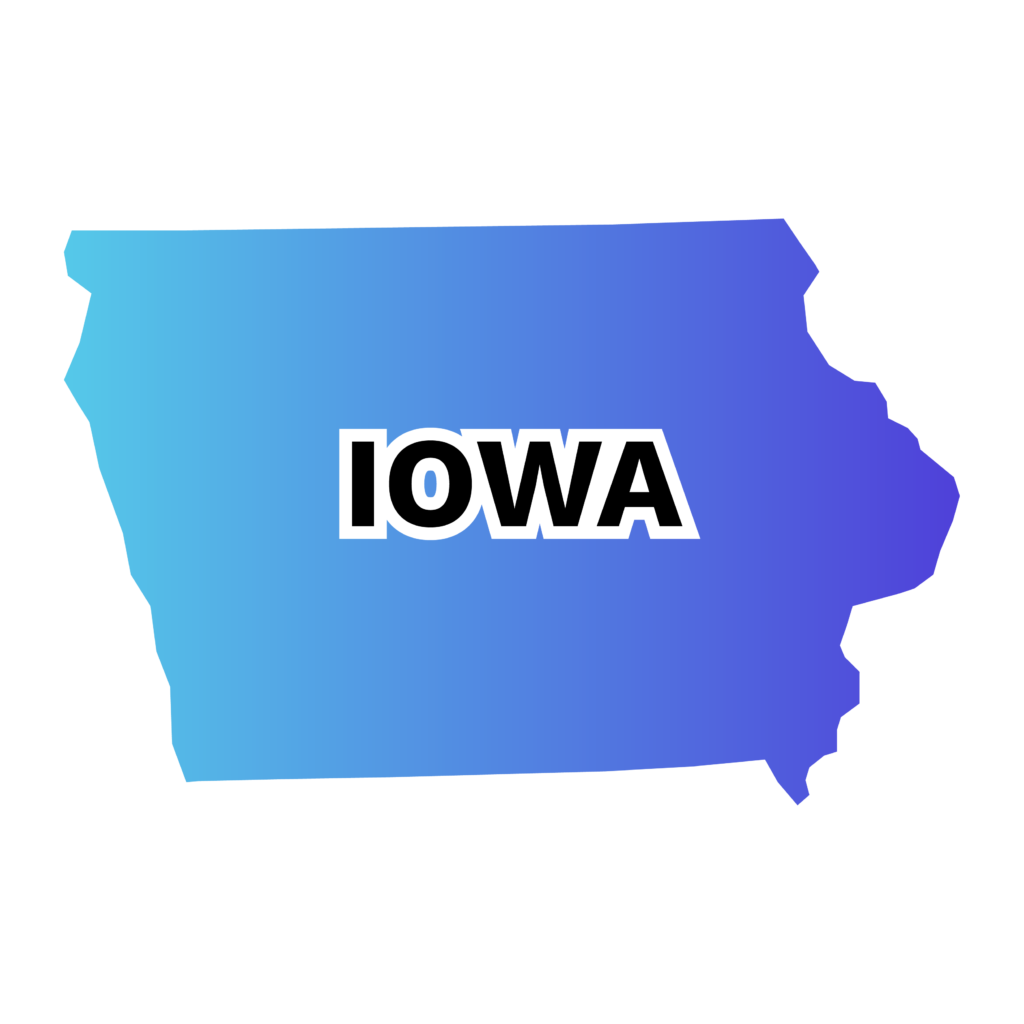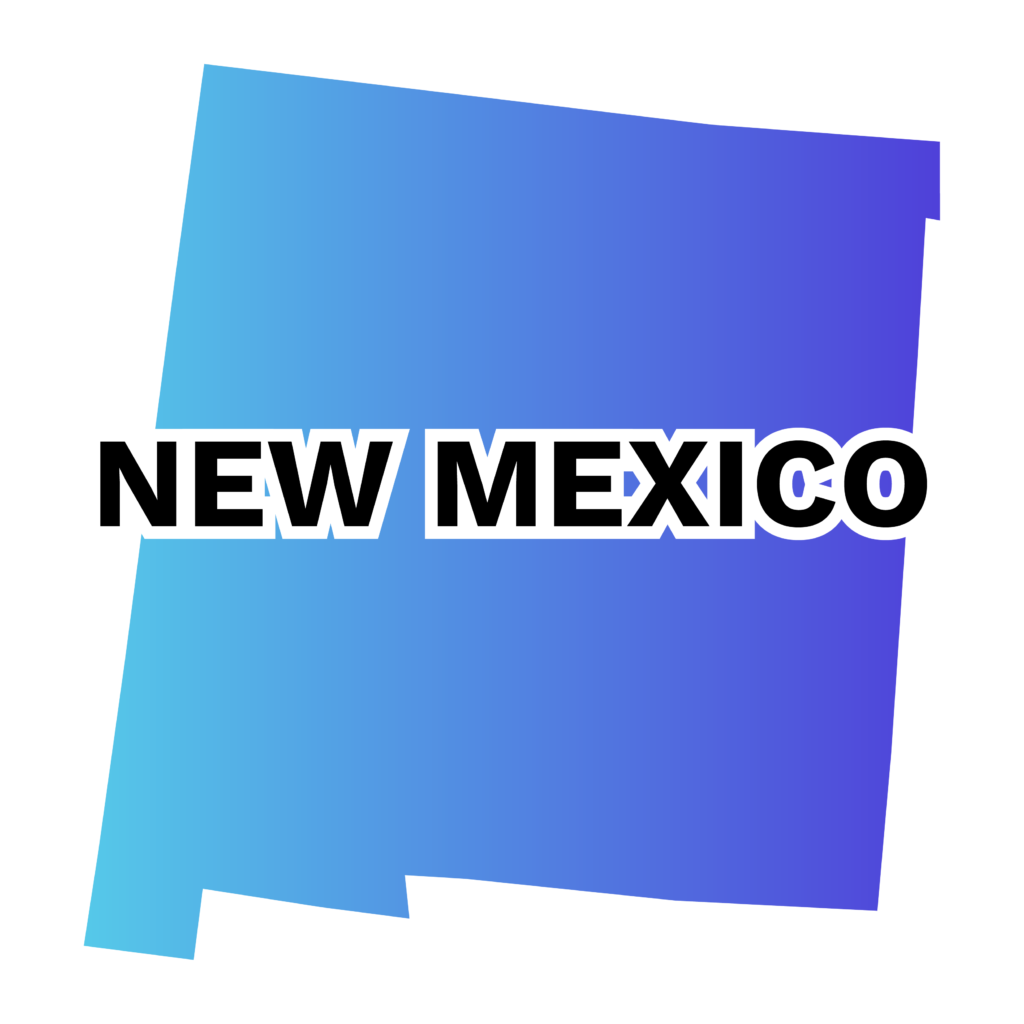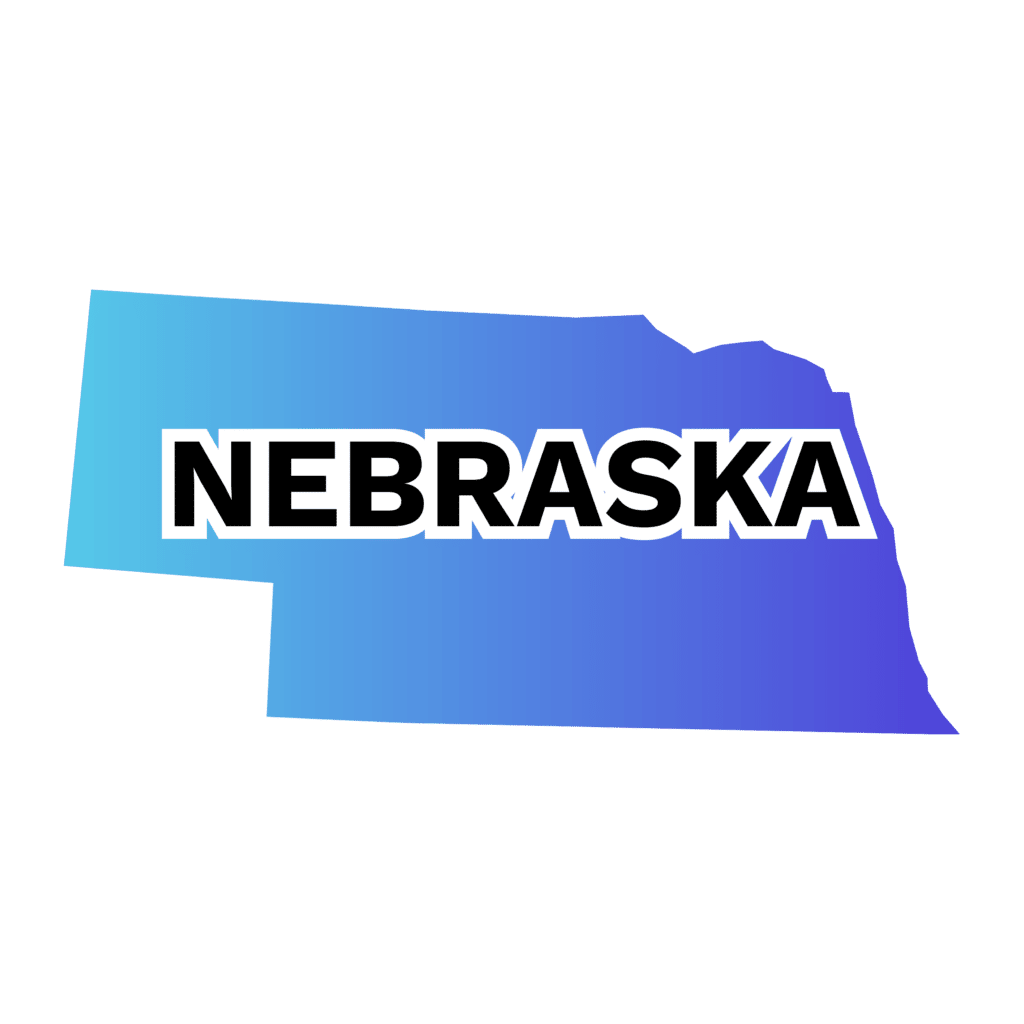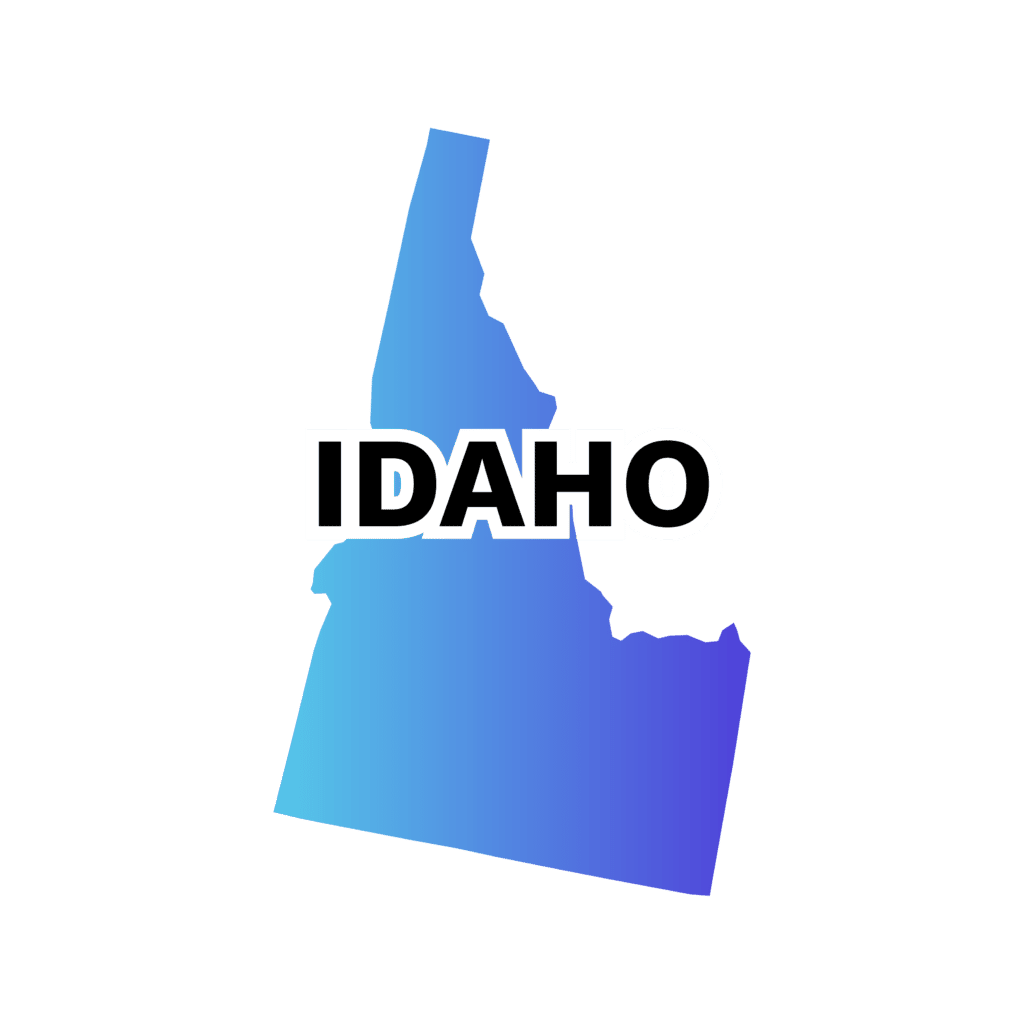In the state of Kansas, the journey to becoming a Certified Public Accountant (CPA) is marked by a series of rigorous requirements that align with national standards, ensuring that CPAs are well-equipped for the evolving demands of the accounting profession. Notably, stats show that CPAs in the United States, on average, earn significantly higher salaries compared to their non-certified counterparts, a trend that highlights the value of this esteemed certification.
In Kansas, candidates are required to meet specific educational and work experience criteria before they can sit for the CPA exam and obtain their license, a path that promises both professional recognition and financial advancement. Let’s take a look at each of these requirements.
Kansas CPA Requirements
To be eligible to sit for the CPA exam, students must first fulfill these qualifications and requirements:
- Minimum age: None
- U.S. Residency NOT Required
- State Residency Required: Must be a resident, employee, OR have an office in the state
- Social Security Number (SSN) Required
Education Requirements
Education requirements are very strict for Kansas CPA candidates. In fact, there are quite a few Reddit posts from CPA hopefuls discussing how strict the class requirements are (particularly oral communication) for licensure.
One user posted: “Currently, I live in Kansas, but their requirements to sit for the exam are insane, and even though I have like 200+ credits as I have an MBA and many doctoral classes in businesses, I am missing a lot of their basic classes like oral communication and micro and macroeconomics.”
To receive licensure, this candidate (and all others) would need to have the following:
- Bachelor’s degree or above
- 150-semester units from an accredited university that include:
- Accounting: 30-semester units
- General education: 42-semester units — please check Kansas Education Requirements for details
- Oral and communication: 11-semester unit
- CPA review courses can be counted towards this as long as they are offered by an accredited educational institution
License Requirements
Kansas is a two-tier state, which means that you must obtain a CPA certificate before you can apply for a CPA license. Certification does not allow you to practice or hold yourself out as a CPA.
Once you have passed the CPA exam, you are required to pass the AICPA’s Professional Ethics course. Once a candidate has successfully completed the ethics course and has been issued a Kansas CPA certificate, a person may use the CPA as a credential only.
Ethics Requirement
- The passing of the AICPA ethics exam (The cost of the course is $320 or $249 for AICPA members)
Work Experience
- Must have a Kansas CPA certificate
- Work Experience:
- 1 year of public or non-public accounting experience verified by an active CPA licensee
- Part-time work can count toward the requirement
CPA Requirements Recap
- Pass all 4 sections of the CPA exam with a score of 75% or higher
- Complete verified accounting work experience
- Pass the AICPA ethics exam
- Fill out and submit all required CPA license application paperwork
- Pay the CPA license application fee
Kansas CPA Exam Fees
The cost to take all four sections of the CPA exam in Kansas is $1,379.20 ($344.80 per section) plus the initial $90 education evaluation application fee. The re-examination registration fee varies depending on the number of sections you are signing up for.
| Auditing and Attestation (AUD) | $344.80 |
| Business Environment and Concepts (BEC) | $344.80 |
| Financial Accounting and Reporting (FAR) | $344.80 |
| Regulation (REG) | $344.80 |
| Education Evaluation Application Fee: | $90 |
**Important Note: You should not apply and pay for exam sections that will not be taken within six months because your Notice to Schedule (NTS) in Kansas expires six months after issuance. However, once a candidate has passed a section, they will have 18 months from the date that part is passed to pass the remaining sections before losing credit for the passed part.
CPA Exam Updates in Kansas
The CPA Exam in Kansas is undergoing significant changes as part of the CPA Evolution initiative, which took affect starting in 2024. This initiative, a collaborative effort between NASBA and AICPA, introduces a new Core + Discipline model. Under this model, candidates will complete a robust core in accounting, auditing, and tax, followed by a Discipline section of their choice, either in Business Analysis and Reporting (BAR), Information Systems and Controls (ISC), or Tax Compliance and Planning (TCP).
This change reflects the evolving role of CPAs, emphasizing greater skill sets and competencies, particularly in emerging technologies. For more details on these changes, visit NASBA’s announcement and the CPA Evolution initiative.
Local Professional CPA Organizations and Networks
Kansas boasts several professional CPA organizations that offer networking, educational, and career development opportunities. The Kansas Society of CPAs (KSCPA) is a prominent organization advocating for the state’s CPAs. It focuses on building talent pipelines and elevating professional standards.
Another notable organization is the Public Accountants Association of Kansas, dedicated to maintaining high proficiency and integrity among its members in the accounting field. This association provides resources and support for public accountants across Kansas.
Kansas Exam Information and Resources
For more details, please contact:
Landon State Office Building
900 SW Jackson, Suite 556
Topeka, KS 66612-1239
Email: [email protected]
Phone: 785-296-2162
Fax: 785-291-3501
What’s Next?
Now that you have started the CPA exam application process, your next step is to find the right CPA review course that I have reviewed thoroughly that best fits your budget, learning style, and schedule.
It can take several weeks for your application to be processed, so don’t waste that valuable time waiting to hear back from your state board. If you start studying now, you will get a nice jump start on the material and will be better prepared to pass your first CPA exam!
FAQs
You need a bachelor’s degree or higher with 150 semester hours, including 42 hours in business and 30 hours in accounting.
Submit an application to the Kansas Board of Accountancy with your transcripts and fee, then apply to NASBA for a Notice to Schedule upon eligibility confirmation.
Complete the ethics exam, fulfill work experience requirements, and then apply for licensure.
Exam scores are valid for 18 months, within which all four sections must be passed.
One year (2,000 hours) of verifiable accounting work experience is needed.
Bryce Welker is a regular contributor to Forbes, Inc.com, YEC and Business Insider. After graduating from San Diego State University he went on to earn his Certified Public Accountant license and created CrushTheCPAexam.com to share his knowledge and experience to help other accountants become CPAs too. Bryce was named one of Accounting Today’s “Accountants To Watch” among other accolades. As Seen On Forbes


